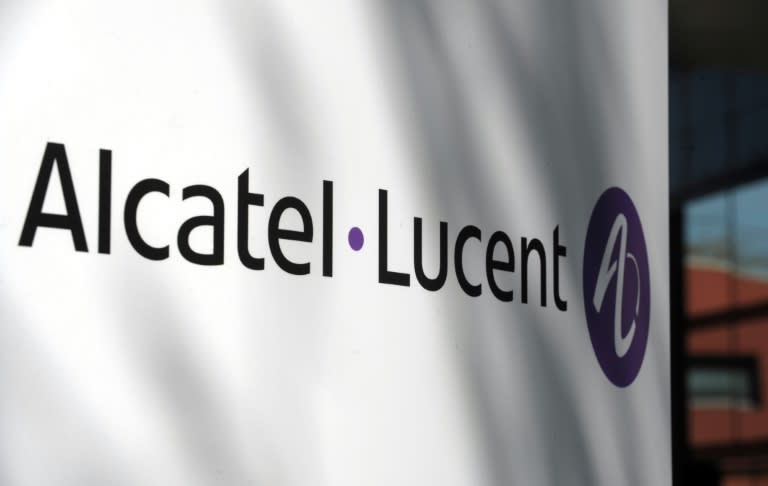Nokia's shareholders approve Alcatel-Lucent deal
One final step remained for the Finnish telecom group Nokia before sealing the union with its French-American rival Alcatel-Lucent, as Nokia's shareholders gave their consent on Wednesday. They approved the transaction at an extraordinary general meeting in Helsinki, and Nokia expects to close the deal in early 2016. Nokia's chief executive Rajeev Suri told AFP that the company was now looking forward to take the final step in the process to create the world's number one networks giant. "Now it's only a matter of getting the successful tender offer," relieved Suri said, referring to Nokia's public exchange offer for Alcatel-Lucent's shareowners to tender their stakes. Nokia can proceed with the transaction as soon as it controls over 50 percent of Alcatel-Lucent's shares, which it expects to happen in early January. "I feel quite confident because as we have seen we have broad shareholder support, support from costumers, regulators, government and so on. There's broad support overall for the deal," Suri assured. He said Alcatel-Lucent's shareholders could expect to profit from Nokia's generous capital return policy in the future. To reassure the company's Finnish shareholders who were worried that the headquarters might be moved to Paris, Suri said Nokia's "will continue to have Finland deep in our DNA." Employees both in Finland and in France have feared massive job cuts to be ahead after Nokia announced it expected to find 900 million euro synergies in combining the two companies. While Suri said he couldn't "guarantee that there will be no restructuring," he also assured he would be a good boss for his old and new employees. "I like to take companies to the next level … That's what we've tried to do with Nokia Siemens networks in the past which was on the brink of survival few years ago," he said. Once the world's top mobile phone maker, Nokia hopes the merger will help it become the world's number one network equipment and service provider, with a combined revenue of nearly 25 billion euros ($26.5 billion). "While our portfolios are highly complementary, our cultures have many similarities," Suri told shareholders. Nokia had obtained all necessary regulatory approvals for the deal last month, mainly from the United States, France and China. "The strategic logic remains as compelling today as on the day when we announced the transaction," said Suri. The acquisition will allow Nokia to expand from telecoms networks to Internet networks and 'cloud' services to compete better with its global rivals, the Swedish group Ericsson and Huawei of China. "The combined company would lead in key geographies like North America and China ... Our innovation capabilities will be massive, with an annual spending of 4.7 billion euros ($5 billion)," Suri said in mid-November. - Benefits of size - Analysts view the deal positively. "In our opinion it makes sense. Of course every transaction has its difficulties and it won't be easy but clearly it will bring the benefits of size," said Equity strategist Kristian Tammela at Nordea Wealth Management. "By ratifying the transaction in such great numbers, they (shareholders) have endorsed our strongly-held belief that the combined company will be better positioned to compete as a world leader in network technologies over the long-term," said Risto Siilasmaa, chairman of the Nokia board of directors. This year Nokia has recovered from the financial woes it suffered after failing to adapt to the rapid rise of smartphones, which ended with it selling its unprofitable handset division to Microsoft two years ago. Some shareholders were nervous ahead of the decision. Reijo Hakonen travelled 800 kilometres (500 miles) to Helsinki to hear what Nokia's board had to say about the deal. He has owned a small amount of Nokia's shares for many years. "I am a little unsure about this union between Nokia and Alcatel-Lucent. It can be terribly difficult, two big companies with a different culture in each house. How will they manage to merge them? It isn't simple at all," he said. The reformation is not Nokia's first. In its 150 years of existence, the company has redefined itself numerous times before, from a pulp, rubber and cable manufacturer to software and technologies.




